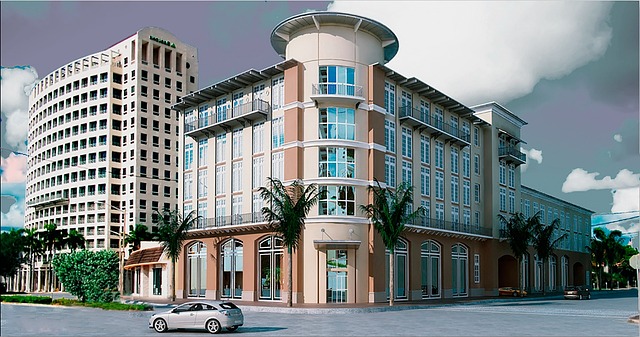In real estate, lease agreements go beyond standard contracts with specialized clauses tailored to property types and business needs, e.g., leasehold improvements in commercial properties or flexible terms. These clauses significantly impact rights and obligations for both landlords and tenants, necessitating understanding to navigate complexities, ensure fair practices, and make informed decisions. Meticulous drafting is key, while balanced management minimizes risks through legal expertise, open communication, and proactive risk mitigation, fostering secure, mutually beneficial agreements in the dynamic real estate landscape.
In the dynamic landscape of real estate, understanding complex leases with specialized clauses is paramount for both landlords and tenants. This comprehensive guide explores the intricate world of these agreements, offering valuable insights into their structure, common types, and effective risk management strategies. By delving into “Understanding Specialized Clauses in Real Estate Leases” and “Navigating and Managing Risks,” you’ll gain a strategic edge in navigating today’s diverse market. Discover how to optimize your real estate investments and mitigate risks associated with specialized lease clauses.
Understanding Specialized Clauses in Real Estate Leases

In the world of real estate, leases are complex legal documents that often include specialized clauses tailored to specific property types or business needs. These clauses can significantly impact the rights and obligations of both landlords and tenants, going beyond standard rental agreements. For instance, in commercial real estate, one might find provisions for leasehold improvements, allowing tenants to customize spaces, or unique termination clauses that provide flexibility but require careful consideration.
Understanding these specialized terms is crucial for navigating the intricate landscape of property rentals. Tenants should be aware of their rights and responsibilities, while landlords must ensure fair practices. By deciphering these clauses, individuals can make informed decisions, avoid potential pitfalls, and create a solid foundation for successful real estate transactions.
Common Types of Complex Lease Agreements

In the real estate sector, complex lease agreements are a common sight, especially for commercial properties. These deals often involve specialized clauses tailored to meet unique business needs or market conditions. Some prevalent types include flexible term leases, which offer tenants the advantage of adjusting their lease terms based on evolving business demands, and options to renew or terminate early with specified notice periods.
Another notable category is the modified gross lease, where tenants pay a base rent plus a percentage of their revenue or a combination of both. This structure aligns landlords’ income with tenants’ performance and can include various other charges like property taxes and insurance, making it a comprehensive arrangement for both parties. These complex leases require meticulous drafting to ensure fairness and clarity in obligations and rights.
Navigating and Managing Risks with Specialized Lease Clauses

Navigating complex leases with specialized clauses is a delicate balance for any real estate professional. These clauses, while offering tailored solutions, also introduce unique risks that require careful management. From novel provisions for technology infrastructure to intricate dispute resolution mechanisms, each stipulation demands meticulous attention to detail.
To mitigate potential pitfalls, tenants and landlords must thoroughly understand the implications of these clauses. Regular reviews and open communication are essential. Engaging legal experts specialized in real estate can provide crucial insights, ensuring that both parties are protected. By proactively managing risks, stakeholders can harness the benefits of specialized lease clauses while minimizing unexpected challenges, fostering a more secure and mutually beneficial agreement within the dynamic landscape of real estate.






